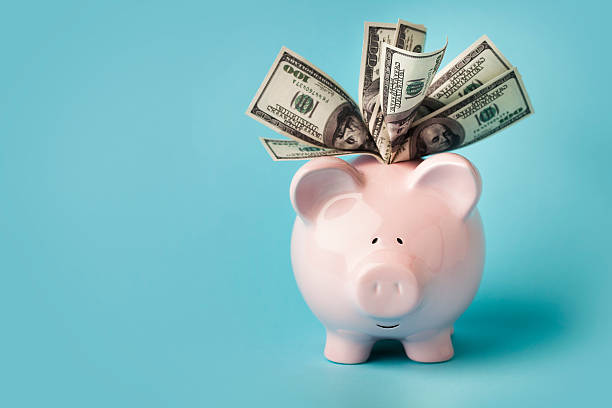Why Teens Should Start Saving Their Money Now
January 19, 2023
Getting your first job is exciting but not as much as receiving your first paycheck and as a young worker you may want to go out and buy everything you want. Learning to budget and save your money smartly will allow you to spend even more money on things you want without going broke.
Why should you save? Why save if you already have enough money to buy the things you want? Saving and budgeting your money now means more money for you to spend in cases of financial emergencies such as, home repairs, car repairs, medical bills, and temporary loss of income.
How do you save properly? Saving money doesn’t mean you never get to spend your money. It just means you spend it in a smarter way. For example, if you work for 13$ an hour and for 25 hours a week then you will get paid ~325$ per week. If you take 15% of that check ($48.75) and put it into a separate savings account then you still have $276.25 left to spend on whatever you want. After a month you will already have $195 saved up. While the amount saved is still less than your average check, if you ever need extra money in an emergency, you’ve either already spent your spending money, or you just don’t have enough of it in your checking account. Then instead of getting an emergency loan you can just dip into your savings and pay off whatever it is. For example, if your car unexpectedly needs some repairs, but you don’t have enough of your spending money left to cover it, you can use those savings to pay to get your car repaired. Without those savings you could find yourself taking out emergency loans because without your car, depending on the distance, you can no longer go to work to make more money. Margarette Burnette (a savings account expert at NerdWallet. Her work has been featured in USA Today and The Associated Press) stated, “Emergency funds create a financial buffer that can keep you afloat in a time of need without having to rely on credit cards or high-interest loans. It can be especially important to have an emergency fund if you have debt, because it can help you avoid borrowing more.” Not only will you be able to survive unexpected expenses you can avoid furthering any debt you may already have. “Nearly four in 10 Americans would be unable to cover an unexpected expense of $400 with cash or its equivalent, according to data from the Federal Reserve,” said Katherine Watt, a writer at NextAdvisor specializing in personal finance. Without an amount of money put away in your savings account for any emergency, you put yourself at an extreme financial risk.
Actively saving your money now will set you up for a much less stressful financial situation in the future. While also building a good habit for yourself, you are protecting yourself from any unexpected expenses, employment loss, and even some unexpected life changes.
Sources: https://time.com/nextadvisor/banking/savings/emergency-fund-guide/
https://www.nerdwallet.com/article/banking/emergency-fund-why-it-matters
https://www.bankrate.com/banking/savings/how-to-save-money-as-high-school-student/#tips-to-save
Katherine Watt – https://time.com/nextadvisor/authors/katherine-watt/
Margarette Burnette – https://www.nerdwallet.com/author/margarette-burnette
